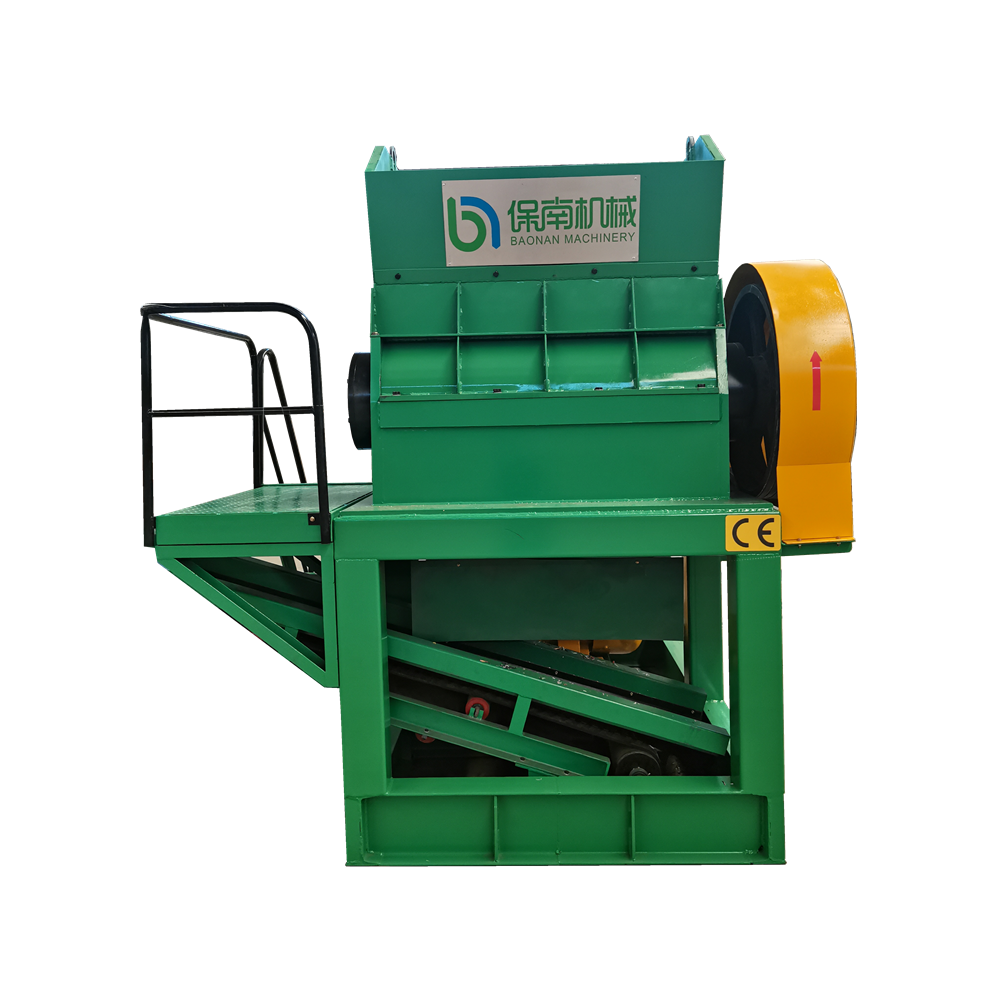

Nov . 05, 2024 01:19 Back to list
Shredder Metal Recycling An Essential Process for Sustainability
In an age increasingly concerned with environmental sustainability, the recycling of metals has become a key component of responsible waste management. Shredder metal recycling plays a crucial role in this process, enabling old, end-of-life products to be transformed into new materials, thereby conserving natural resources and reducing environmental impact.
At the heart of shredder metal recycling is the industrial shredder, a powerful machine designed to break down large pieces of metal waste into manageable fragments. This process often begins with the collection of scrap metal from various sources, including automobile wrecks, appliances, and construction debris. Instead of being sent to landfills, these items are processed through shredders that efficiently reduce them to smaller pieces, making it easier to separate the metals from other materials such as plastics and rubber.
Once shredded, the metal is usually sorted through a combination of magnetic and non-magnetic methods, where ferrous metals (like iron and steel) are separated from non-ferrous metals (such as aluminum, copper, and brass). This separation is critical because different metals have distinct recycling processes and market values. The processed metals are then cleaned and prepared for sale to metal processors or manufacturers, who will melt and reform them into new products.

One of the primary benefits of shredder metal recycling is its significant contribution to resource conservation. For example, recycling aluminum saves up to 95% of the energy required to produce new aluminum from raw ore. Similarly, recycling steel conserves approximately 74% of the energy needed for new production. This energy savings translates into reduced greenhouse gas emissions, further mitigating the impact of industrial processes on climate change.
Additionally, shredder metal recycling helps to minimize the harmful effects of mining and extraction activities. Traditional metal extraction can lead to extensive environmental degradation, including habitat destruction, water pollution, and soil erosion. By recycling metals, we can decrease the demand for new raw materials, thus alleviating the pressures associated with mining and promoting a circular economy where resources are reused and repurposed.
Shredder metal recycling not only benefits the environment but also stimulates economic growth. The metal recycling industry creates jobs in collection, processing, and manufacturing, contributing to local economies while supporting green initiatives. Furthermore, as more industries recognize the value of recycled metals, the demand for these materials continues to rise, creating a robust market that underscores the importance of recycling initiatives.
In conclusion, shredder metal recycling is an indispensable process that supports sustainability, conserves natural resources, reduces environmental impact, and drives economic growth. As individuals and communities become more aware of the importance of recycling, investing in shredder metal recycling will play a vital role in building a more sustainable future for generations to come.
Latest news
Troubleshooting Common Eddy Separator Problems
NewsJul.04,2025
The Role of Metal Recycling Plants in Circular Economy
NewsJul.04,2025
The Impact of Recycling Line Pickers on Waste Management Costs
NewsJul.04,2025
Safety Features Every Metal Shredder Should Have
NewsJul.04,2025
How Industrial Shredders Improve Waste Management Systems
NewsJul.04,2025
How Cable Granulators Contribute to Sustainable Recycling
NewsJul.04,2025